
Feb 23 , 2025
By Mia Amor Mottley
According to projections, sea-level rise alone could directly impact a quarter of a billion people by the end of the century. Far from being a distant problem, it's a lived reality for tens of millions in small island developing states and coastal countries, who also face the threat of prolonged droughts and fires. These forces put territories, economies, and existence at risk. In this commentary provided by Project Syndicate (PS), Mia Amor Mottley, Barbados's prime minister and finance minister, calls for a shift in recognising humanity's shared and intertwined fate.
The existential threat of the climate crisis casts a long shadow over our planet. Its effects are not equally distributed as vulnerable countries, particularly small island developing states (SIDS) like mine, are on the front lines. We should contend with rising sea levels, more frequent and intense extreme weather events, and the destruction of our livelihoods. To address these challenges and strengthen the resilience of our people and systems, many leaders, including me, have had to reshape policies and reconceive the relationship between government and the governed.
While sea-level rise could directly affect 250 million people by the end of this century, it is already a lived reality for tens of millions in low-lying coastal countries and SIDS. Elsewhere, people are plagued by prolonged droughts and fires. These forces are putting our territories, economies, and very existence at risk, and countering them requires not only urgent action, but also a fundamental shift in our global consciousness, a recognition of our shared humanity and intertwined fate. Simply put, this crisis demands global solidarity.
As a 2025 honoree of the Zayed Award for Human Fraternity, I believe that recognising our responsibility to care for one another is an essential element of the climate response and as important as scientific, technological, financial, and diplomatic measures. Just as a family supports its most vulnerable members, so, too, should the global community rally around those countries bearing the brunt of a crisis they did little to create.
The global financial architecture is ill-equipped to address the climate crisis. It was designed for a different era that did not contemplate the interconnectedness of our economies and ecosystems or the dangers of global warming. The Bretton Woods institutions, for example, were established more than 80 years ago to help European economies recover from World War II.
But, the unprecedented scale and urgency of the climate crisis require a new approach to unlock the financing that developing countries need for mitigation and adaptation. The system should be reformed to make sustainable development, climate resilience, and equitable access to finance its top priorities. This is not charity; it is an investment in our collective future. When some people are left to die, all of humanity – present and future – will eventually suffer.
The Bridgetown Initiative, which many vulnerable countries have championed, calls for multilateral development banks to expand their lending capacity and to ensure that their risk-assessment frameworks reflect the realities of climate vulnerability. It also advocates increased concessional finance, recognising that grants and low-interest loans are essential for countries struggling to cope with the climate emergency. The initiative proposes innovative mechanisms like debt-for-nature and debt-for-climate swaps, offering a path to debt relief while generating the financial resources vulnerable countries need to take ownership of their climate transitions and build more resilient economies and societies.
But finance alone is not enough. A paradigm shift is needed in how we understand development, moving from the narrow pursuit of GDP growth to a more holistic approach that values social justice, environmental sustainability, and human well-being. This requires a fundamental rethink of our economic models. Infinite growth on a finite planet is simply not possible. We should embrace a circular economy that improves resource efficiency, minimises waste, and promotes sustainable consumption.
Such a shift ultimately hinges on global fraternity. We have recognise that, in an interconnected world, our actions have consequences for others, and that protecting our planet is a shared responsibility. Equitably distributing the burden of climate change, so those who have contributed the least to the problem do not suffer its worst effects.
Leading a small island country like Barbados has taught me valuable lessons about the power of community and resilience, as well as the importance of long-term vision. We have learned the hard way how to adapt to changing climate conditions and innovate in the face of adversity. We have also realised the value of empowering communities to take ownership of adaptation efforts and nature-based solutions in building resilience.
These lessons, born of necessity, are not unique to Barbados; they can guide all countries, regardless of size or wealth, toward a more sustainable future.
I have often said that the world looks to SIDS for leadership on the climate crisis not because we are rich or powerful, but because we have no choice but to lead. The unavoidable truth is that we can no longer stand alone. Everyone should join the fight to safeguard the planet for generations to come. More than an environmental issue, the climate crisis is a global challenge that demands a collective response.
We cannot afford to be divided by national borders, political ideologies, or economic interests. This is a profound test of our shared humanity, and we will need global solidarity – ordinary people taking action every day – to pass it.
PUBLISHED ON
Feb 23, 2025 [ VOL
25 , NO
1295]


My Opinion | 133550 Views | Aug 14,2021

My Opinion | 130065 Views | Aug 21,2021

Photo Gallery | 128045 Views | May 06,2019

My Opinion | 127863 Views | Sep 10,2021

Dec 22 , 2024 . By TIZITA SHEWAFERAW
Charged with transforming colossal state-owned enterprises into modern and competitiv...

Aug 18 , 2024 . By AKSAH ITALO
Although predictable Yonas Zerihun's job in the ride-hailing service is not immune to...

Jul 28 , 2024 . By TIZITA SHEWAFERAW
Unhabitual, perhaps too many, Samuel Gebreyohannes, 38, used to occasionally enjoy a couple of beers at breakfast. However, he recently swit...

Jul 13 , 2024 . By AKSAH ITALO
Investors who rely on tractors, trucks, and field vehicles for commuting, transporting commodities, and f...

Aug 16 , 2025
A decade ago, a case in the United States (US) jolted Wall Street. An ambulance opera...
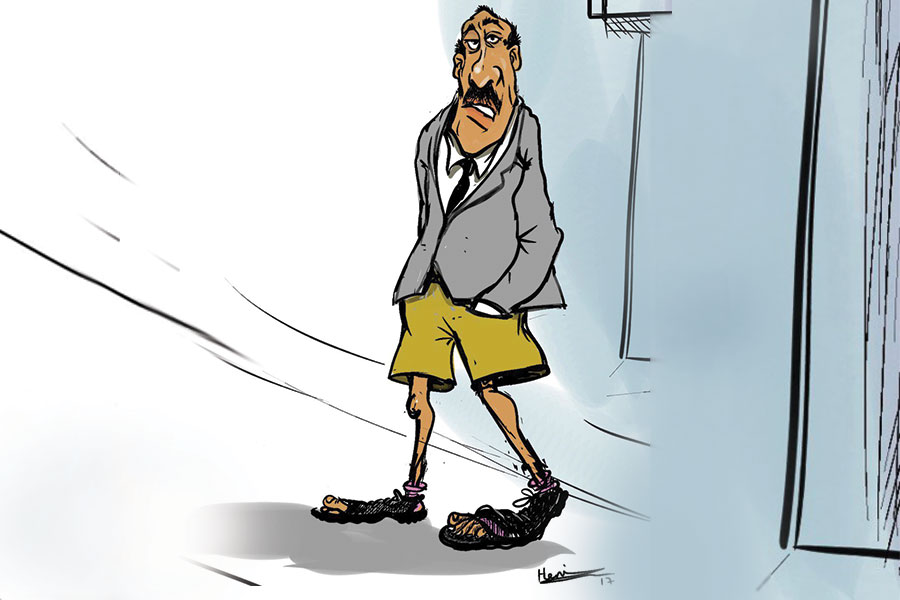
Aug 9 , 2025
In the 14th Century, the Egyptian scholar Ibn Khaldun drew a neat curve in the sand....
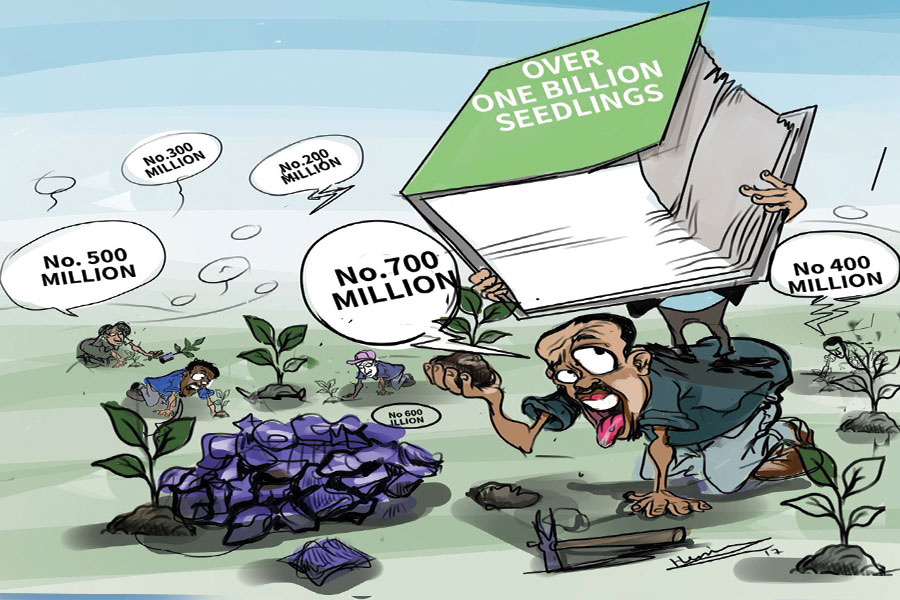
Aug 2 , 2025
At daybreak on Thursday last week, July 31, 2025, hundreds of thousands of Ethiop...

Jul 26 , 2025
Teaching hospitals everywhere juggle three jobs at once: teaching, curing, and discov...
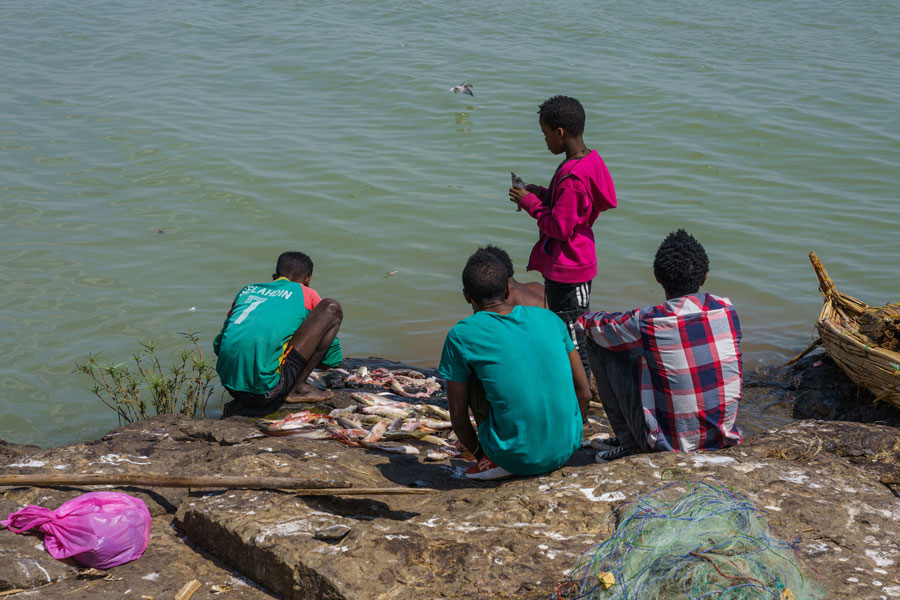
Aug 17 , 2025 . By YITBAREK GETACHEW
The federal government, led by the Ministry of Agriculture, is finalising a sweeping...

Aug 17 , 2025 . By RUTH BERHANU
More than 120,000 government employees in Addis Abeba are racing to collect coding ce...
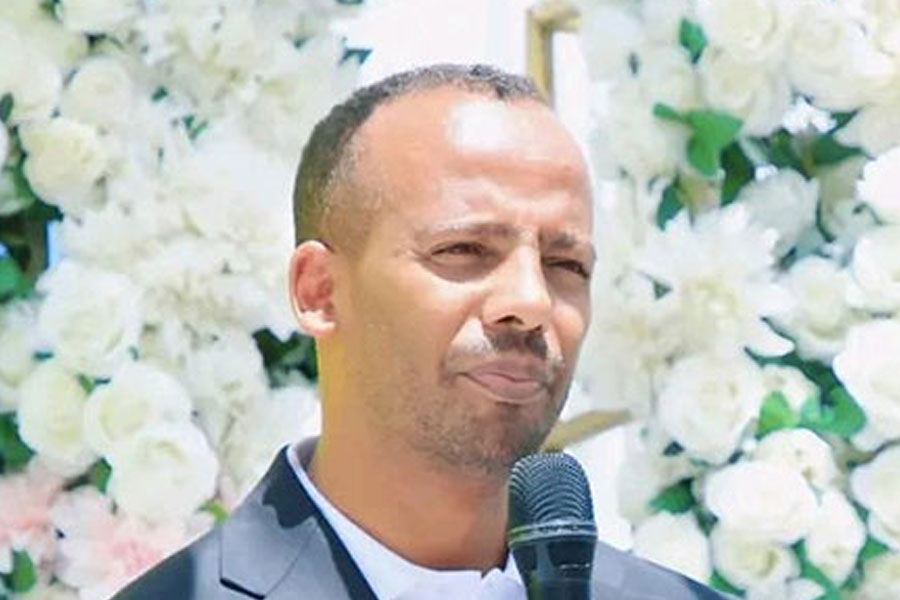
Aug 17 , 2025 . By BEZAWIT HULUAGER
Two new insurance companies, Standard Insurance and Was Insurance, are poised to join...
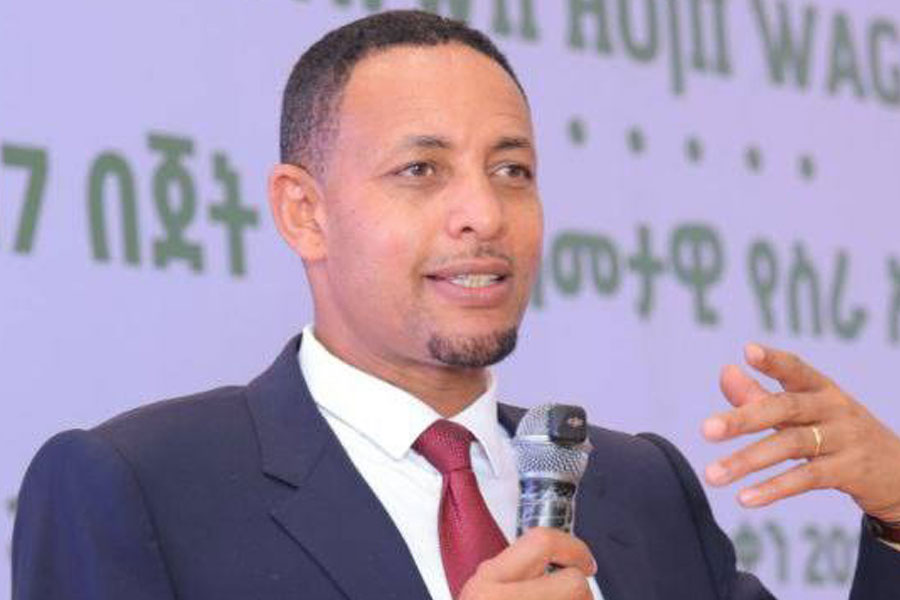
Aug 17 , 2025 . By NAHOM AYELE
Siinqee Bank is set launch an investment banking subsidiary with a registered capital...